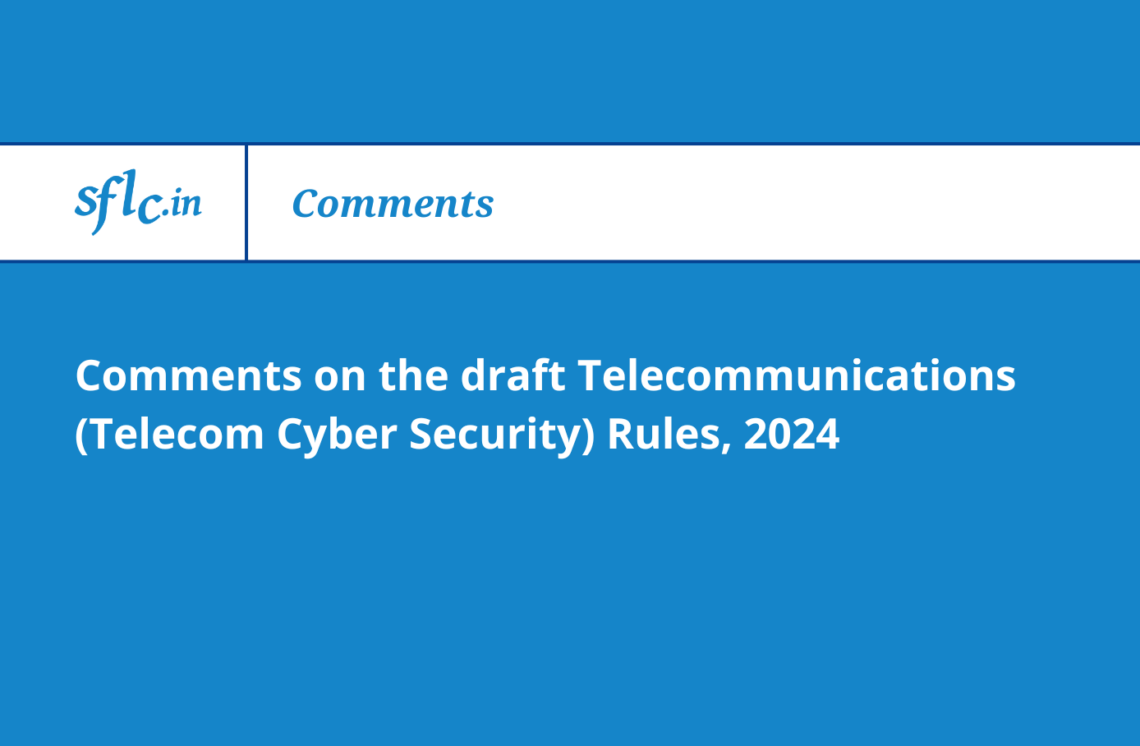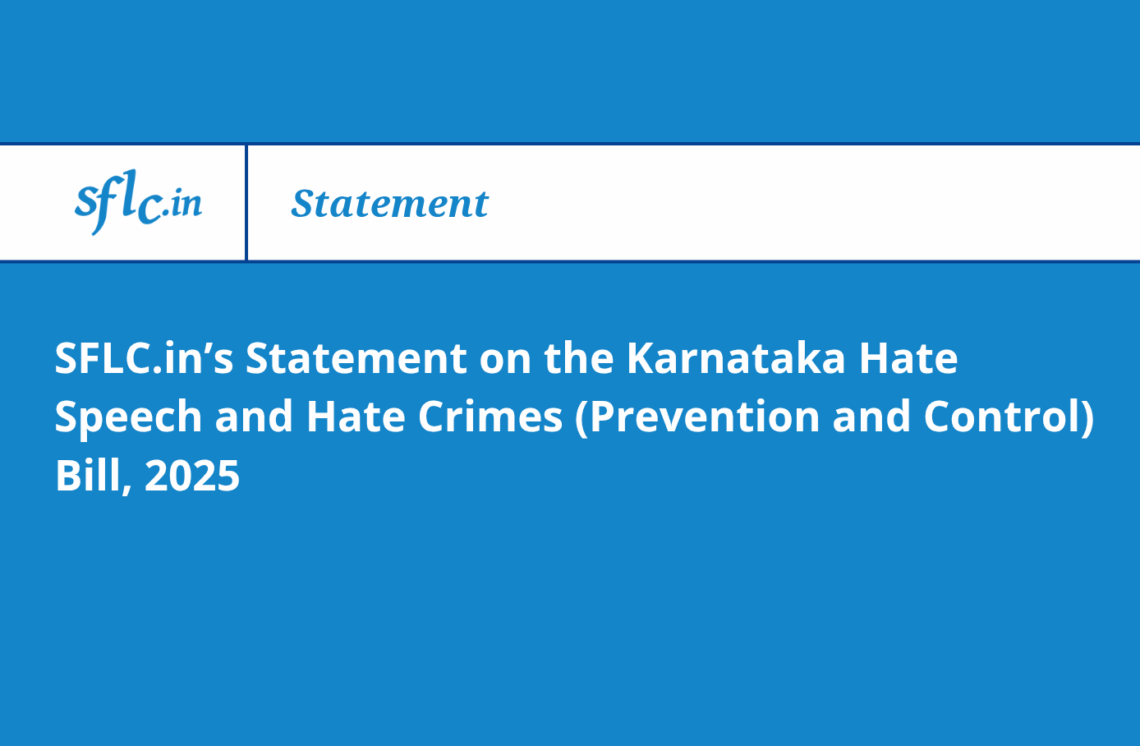[Civil Suit No. 344/2018]
In November 2018, the Delhi High Court laid down certain guiding principles in respect of liability of e-commerce platforms for trademark
Infringement.
The court laid down twenty six tasks that an intermediary may undertake, ranging from identification of the seller, advertising products on the platform, transporting the product to the purchaser, using trademarks through meta tags, among other things.
The judgment also stated that it has to be seen whether the platform is taking adequate measures to ensure that no unlawful acts are committed by the sellers. Measures include the manner in which the terms of the agreements entered into between the sellers and the platform are enforced, and consequences of violation of the terms, among others.
The Court noted that the elements summarised above would be key to determining whether an online marketplace or an e-commerce website is ‘conspiring, abetting, aiding or inducing’ and is thereby contributing to the sale of counterfeit products on its platform. “When an e-commerce website is involved in or conducts its business in such a manner, which would see the presence of a large number of elements enumerated above, it could be said to cross the line from being an intermediary to an active participant”, the judgment stated.
After considering all the above mentioned factors, the Court concluded that Darveys.com cannot be termed as an intermediary that is entitled to protection under Section 79 of the IT Act.




